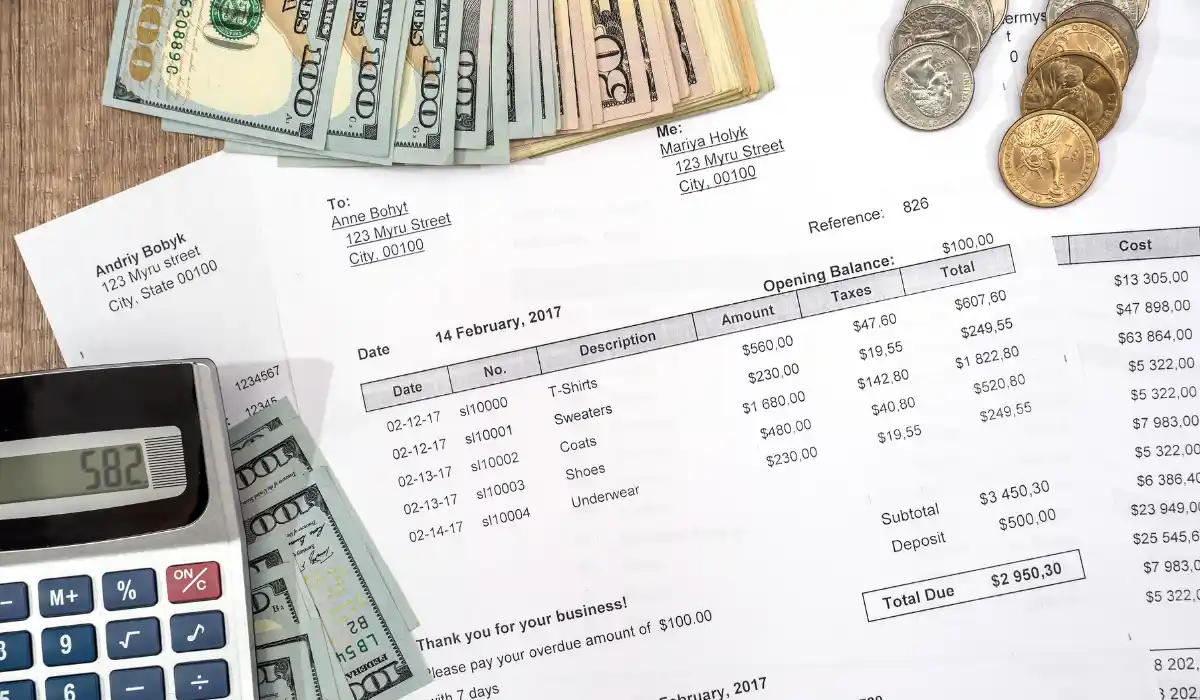7 Signs You’re Not Managing Your Checking Account Correctly
Managing your checking account efficiently is a fundamental aspect of personal finance. With the plethora of tools and resources available today, it’s easier than ever to stay on top of your finances and make informed decisions. In this comprehensive guide, we’ll delve into the seven signs that indicate you may not be managing your checking account correctly, along with actionable steps to rectify these issues.
Understanding the Importance of Proper Checking Account Management
Your checking account serves as the hub of your financial activities, facilitating transactions, monitoring spending, and safeguarding your funds. Effectively managing your account is crucial for several reasons:
Meeting Savings Goals
A well-managed checking account enables you to allocate funds towards your savings goals systematically. By tracking your expenses and setting aside money for savings regularly, you can work towards achieving financial milestones such as building an emergency fund, saving for a down payment on a house, or funding your retirement.
Protecting Against Fraud
Vigilant account management is essential for detecting and mitigating fraudulent activities promptly. With the rise of cyber threats and identity theft, monitoring your account for unauthorized transactions can help safeguard your finances and minimize potential losses.
Avoiding Fees and Charges
Neglecting to manage your checking account properly can result in unnecessary fees and penalties. By staying informed about your account balance, transaction history, and fee structures, you can avoid overdraft fees, maintenance charges, and other expenses that erode your financial resources.
Now, let’s explore the seven signs that indicate you may need to reassess your checking account management practices:
1. Frequent Overdrafts or Insufficient Funds
One of the most glaring signs of poor checking account management is experiencing frequent overdrafts or insufficient funds. If you find yourself regularly incurring overdraft fees or facing declined transactions due to insufficient funds, it’s a clear indication that you need to improve your financial habits.
To address this issue, consider setting up balance alerts or utilizing budgeting tools provided by your bank’s mobile app. These features can help you monitor your account balance closely and avoid spending more than you have available.
2. Neglecting to Reconcile Transactions
Failure to reconcile your checking account regularly can lead to discrepancies between your recorded transactions and your actual account balance. This oversight can result in missed payments, overdrafts, or unauthorized charges going unnoticed.
Make it a habit to reconcile your account statement with your personal records at least once a month. This process involves comparing your transactions, deposits, and withdrawals to ensure they align with your financial records. Any discrepancies should be investigated and resolved promptly to maintain the accuracy of your account.
3. Ignoring Account Alerts and Notifications
Many banks offer account alert services to notify customers about important account activities, such as low balances, large transactions, or unusual account behavior. Ignoring these alerts can leave you vulnerable to fraud or financial mismanagement.
Take advantage of account alerts and customize them to suit your preferences and financial goals. Set up alerts for specific transaction amounts, balance thresholds, or account activities to stay informed and proactive in managing your finances.
4. Excessive Reliance on Overdraft Protection
While overdraft protection can provide a safety net for unexpected expenses, relying on it excessively can indicate underlying issues with budgeting and financial planning. Continuously dipping into overdraft protection may mask deeper financial challenges and perpetuate a cycle of debt.
Instead of relying solely on overdraft protection, focus on improving your budgeting skills and building an emergency fund to cover unexpected expenses. Review your spending habits, identify areas where you can cut back, and prioritize saving to avoid reliance on overdraft protection in the long run.
5. Failure to Optimize Account Features
Many checking accounts offer a range of features and benefits, such as mobile banking apps, rewards programs, and fee waivers. Failing to leverage these features effectively can result in missed opportunities to maximize the value of your account.
Take the time to explore and understand the features offered by your checking account provider. Utilize mobile banking apps to track your spending, redeem rewards, and automate bill payments. Take advantage of fee waivers by meeting qualifying criteria, such as maintaining a minimum balance or setting up direct deposits.
6. Lack of Long-Term Financial Planning
Effective checking account management extends beyond day-to-day transactions to encompass long-term financial planning and goal setting. Neglecting to plan for future expenses, savings goals, or investment opportunities can hinder your financial stability and growth.
Investigate your bank’s financial planning resources or consider consulting with a financial advisor to develop a comprehensive financial plan. Set achievable goals, such as saving for retirement, purchasing a home, or funding your children’s education, and create a strategy to allocate your resources accordingly.
7. Failure to Review Account Statements Regularly
Regularly reviewing your account statements is essential for detecting errors, identifying unauthorized transactions, and monitoring your financial progress. Failure to review your statements promptly can result in overlooked discrepancies or fraudulent activity going unnoticed.
Make it a habit to review your account statements as soon as they become available, preferably on a monthly basis. Check for any unfamiliar transactions, unauthorized charges, or billing errors, and report any discrepancies to your bank immediately for investigation and resolution.
In conclusion, effective checking account management is essential for maintaining financial health and stability. By recognizing the signs of poor account management and implementing proactive strategies to address them, you can take control of your finances and achieve your financial goals with confidence.



